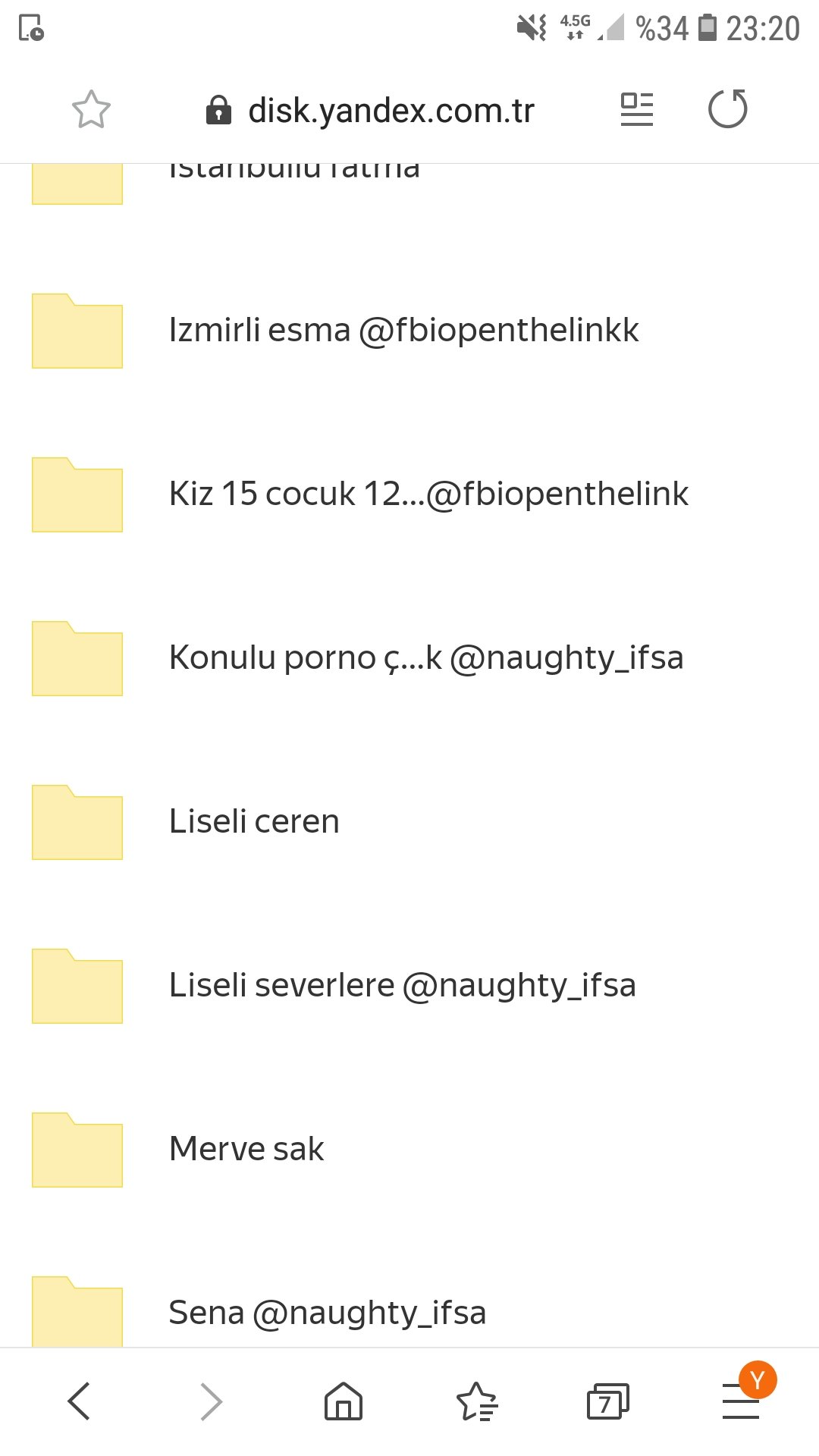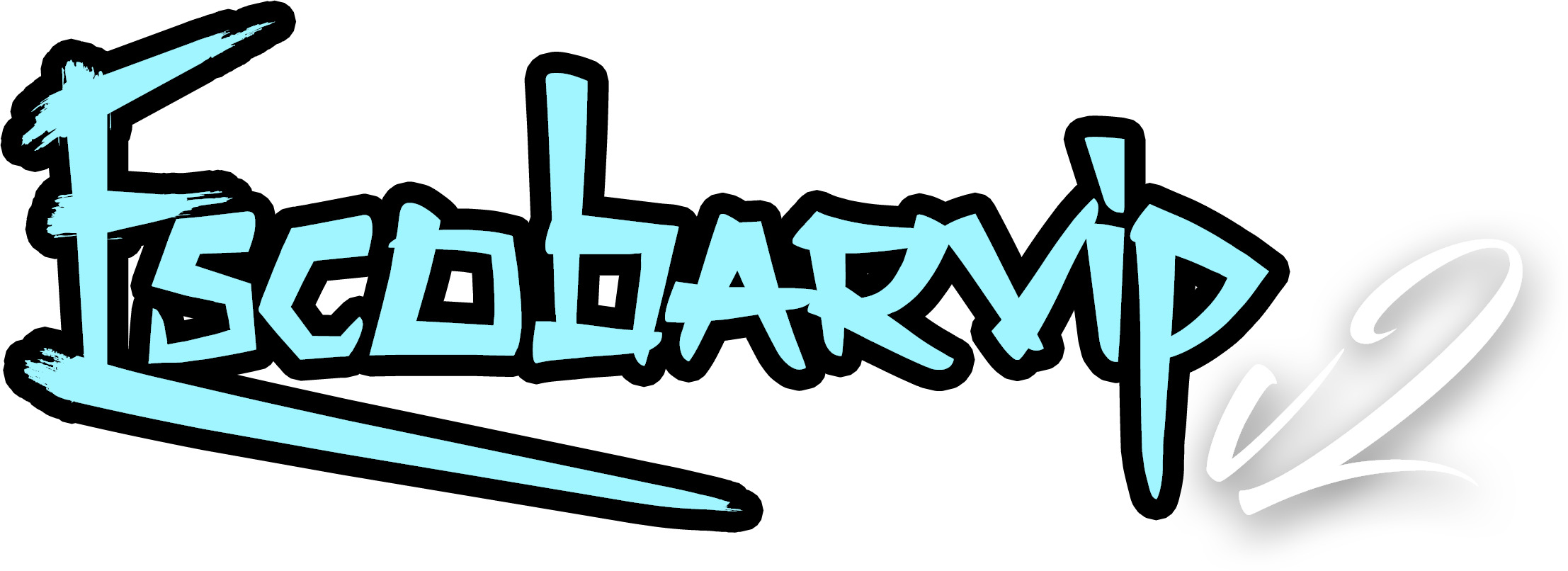The internet, a truly vast space, brings us so much information and countless ways to connect, but sometimes, very specific search terms, like "türk ifsa sotwe," pop up, making us wonder what they truly mean and what kind of content they might lead to. It's almost as if the digital world has its own language, and these terms are part of it, yet they can point to some really sensitive areas.
When we see terms like this, it's quite natural to feel a bit curious, perhaps even a little confused about their origins or what exactly they represent online. Often, these kinds of phrases are associated with content that is very personal, and sometimes, it can be explicit, which is something we really need to think about carefully.
This article aims to shed some light on such search terms, particularly "türk ifsa sotwe," not by focusing on the content itself, but by discussing these phrases from a very important perspective: digital safety and using the internet in a responsible way. We want to help everyone understand the broader implications of what we search for and what we might encounter online, so, in some respects, it's about being prepared.
Table of Contents
- Understanding "Türk Ifsa Sotwe": What the Term Suggests Online
- The Digital Footprint of Specific Keywords
- Why Certain Terms Gain Traction
- The Serious Risks of Engaging with Sensitive Online Content
- Privacy Violations and Non-Consensual Material
- Cybersecurity Dangers and Malicious Software
- Legal Consequences and Ethical Responsibilities
- Building a Safer Online Experience for Everyone
- Practicing Digital Literacy and Critical Thinking
- Protecting Your Personal Information
- Reporting Harmful Content
- Internet Access for Good: Connecting Benefits with Responsible Use
- Affordable Internet: A Bridge to Opportunity
- Maximizing Your Connection Responsibly
- Frequently Asked Questions About Online Safety and Content
Understanding "Türk Ifsa Sotwe": What the Term Suggests Online
When a term like "türk ifsa sotwe" gains traction in online searches, it typically points to a very specific kind of content that people are looking for. Based on what we see in various online discussions and search results, this phrase is, quite frankly, often linked to private, explicit, or intimate images and videos, usually involving individuals from Turkey. It's a bit of a common thread in certain parts of the internet, you know?
The term "ifşa" in Turkish, for instance, means something like "exposure" or "revelation," and when paired with "türk," it suggests content revealing private moments of Turkish individuals. The addition of "sotwe" seems to be a phonetic or mistyped variation of "software" or "source," possibly indicating a collection or archive, which is that, rather concerning. Some online references, for example, even mention "türk ifşa alemi binlerce kızlardan oluşan dev arşiv," which translates to a huge archive of girls, hinting at a vast collection of such material.
It's important to recognize that while some people might be searching out of curiosity, the existence of such terms and the content they lead to raises immediate and serious questions about consent, privacy, and ethical online behavior. This is, quite honestly, where our focus needs to be.
The Digital Footprint of Specific Keywords
Every search term leaves a kind of digital footprint, and phrases like "türk ifsa sotwe" certainly do. These terms often lead to user-generated content, which, as we've mentioned, can be very personal or explicit. The very nature of this content often means it was shared without the full knowledge or permission of the people shown, creating huge privacy concerns. For instance, the reference to "19 yaşindaki türk sevgililer muhteşem yiyişiyor (türk ifşa) (türk porno)" directly points to content that appears to be intimate and potentially non-consensual in its public sharing, which is a big problem, obviously.
When people search for and find these kinds of materials, they might encounter sites that host vast collections, sometimes even referred to as a "dev arşiv," or "huge archive." The ease with which such content can be uploaded and shared online means that private moments can become public very quickly, which is a truly unsettling thought for anyone. This kind of sharing, quite simply, chips away at individual privacy and dignity.
Why Certain Terms Gain Traction
There are many reasons why specific terms, especially those linked to sensitive content, gain popularity in online searches. Sometimes, it's simply curiosity, a desire to see what others are talking about or looking for. Other times, it might be influenced by online trends or discussions on various platforms. The anonymity the internet seems to offer can also encourage people to search for things they might not in other settings, basically.
However, the popularity of a search term doesn't make the content it points to any less problematic, or any safer. In fact, it often means more people are exposed to material that could be harmful, unethical, or even illegal. It's a bit like a snowball effect, where one search can lead to many more, and that's something we should all be aware of, really.
The Serious Risks of Engaging with Sensitive Online Content
Looking for or interacting with sensitive online content, especially material that appears to be private or explicit, carries a lot of serious risks. These aren't just minor inconveniences; they can have truly lasting negative effects on individuals and on the broader online community. It's very important to understand these dangers before clicking on anything that seems questionable, as a matter of fact.
Privacy Violations and Non-Consensual Material
One of the biggest concerns with terms like "türk ifsa sotwe" is the high likelihood that the content found involves privacy violations. Much of this material, by its very nature, appears to be shared without the explicit consent of the people depicted. This is a massive breach of trust and a profound violation of personal privacy. When someone's private images or videos are put online without their permission, it can cause immense emotional distress, damage reputations, and even lead to real-world harm, which is, quite frankly, devastating.
Non-consensual intimate imagery, sometimes called "revenge porn," is a serious problem and is illegal in many places around the world. The act of sharing such content, or even just viewing it, can contribute to a culture where privacy is not respected and individuals are exploited. It's something we all need to be very mindful of, like your own personal boundaries, but online.
Cybersecurity Dangers and Malicious Software
Sites that host sensitive or explicit content are, almost always, hotbeds for cybersecurity threats. These platforms often don't have strong security measures, making them easy targets for cybercriminals. Clicking on links related to terms like "türk ifsa sotwe" can expose your device to all sorts of nasty things, including viruses, malware, spyware, and ransomware. These programs can steal your personal information, damage your computer, or even lock you out of your own files, which is a truly frightening thought, you know?
Beyond direct malware, these sites are also common places for phishing attempts. You might encounter fake login pages or deceptive pop-ups designed to trick you into giving away your passwords, credit card details, or other sensitive data. It's a bit like walking into a digital minefield, so, it's always best to steer clear of such places entirely.
Legal Consequences and Ethical Responsibilities
Engaging with non-consensual explicit content can have serious legal consequences. Depending on where you are, viewing, downloading, or sharing such material can be against the law, leading to fines, criminal charges, or even jail time. Laws are becoming increasingly strict about protecting individuals from online exploitation and privacy breaches, and for good reason. It's important to know that ignorance of the law is not an excuse, basically.
Beyond the legal aspects, there's a clear ethical responsibility. Every internet user has a part to play in creating a safer and more respectful online environment. Choosing not to seek out or engage with content that exploits others is a fundamental ethical choice. It's about respecting the dignity and privacy of every person, whether you know them or not. This is, in a way, a core principle of being a good digital citizen.
Building a Safer Online Experience for Everyone
Creating a safer online experience is something we all contribute to, and it's definitely within our reach. It requires a combination of smart habits, careful choices, and a willingness to learn about the digital world. We can, for instance, make a real difference in how information flows and how people interact online.
Practicing Digital Literacy and Critical Thinking
One of the most powerful tools we have is digital literacy. This means being able to understand and evaluate the information you find online, and to question its source and purpose. When you see a sensational headline or a strange link, it's really important to pause and think: Is this reliable? What is this trying to make me do? This kind of critical thinking helps you avoid scams, misinformation, and harmful content. It's like having a built-in filter for the internet, and that's incredibly useful, obviously.
Teaching ourselves and others to be skeptical of what appears online, especially when it seems too good to be true or too shocking, is a huge step toward safety. It's about empowering ourselves to make informed decisions about our online interactions, which is, quite honestly, a skill everyone needs today.
Protecting Your Personal Information
Keeping your personal information safe online is absolutely vital. This means using strong, unique passwords for all your accounts, and ideally, using a password manager to keep track of them. Enabling two-factor authentication (2FA) wherever possible adds another layer of security, making it much harder for unauthorized people to get into your accounts. It's a bit like putting an extra lock on your front door, and that's always a good idea, right?
Also, be very careful about what you share online, even with friends. Once something is on the internet, it can be incredibly difficult to remove completely. Think twice before posting private photos, personal details, or sensitive conversations. Adjusting your privacy settings on social media and other platforms can also help control who sees your content, which is a pretty simple step to take, actually.
Reporting Harmful Content
If you come across content that violates privacy, promotes hate, or is illegal, it's important to report it. Most social media platforms, websites, and even search engines have mechanisms for reporting inappropriate or harmful material. Taking a moment to report something can help protect others from seeing it and can contribute to getting such content removed from the internet. It's a small action that can have a really big impact, you know?
If you or someone you know is a victim of non-consensual image sharing, there are organizations and legal avenues available to help. Seeking support from these resources is a crucial step towards getting the content removed and holding those responsible accountable. It's important to remember that you are not alone, and help is available, truly.
Internet Access for Good: Connecting Benefits with Responsible Use
The internet is a truly powerful tool, and when used thoughtfully, it opens up a world of positive opportunities. It's not just about entertainment; it's about connection, learning, and access to vital resources. This is, frankly, why programs that help people get online are so important, as a matter of fact.
Affordable Internet: A Bridge to Opportunity
For many Americans, including veterans, military families, and their survivors, getting online can sometimes be a challenge due to cost. Thankfully, programs like the Affordable Connectivity Program (ACP) have made it much easier for qualifying groups to access free or discounted internet. Veterans, survivors, and active duty members may be eligible for free or discounted internet, plus up to a $100 discount on a laptop, tablet, or desktop computer, which is a really significant help, basically.
The Department of Veterans Affairs (VA) and the Federal Communications Commission (FCC) have been working together to make sure veterans who receive a qualifying VA pension can get connected to the internet easily. This means that access to reliable internet is no longer a luxury but a very real possibility for many who serve our country. It's a program that truly makes a difference in people's lives, you know?
Access to affordable internet means veterans can connect with family, find job opportunities, pursue education, and access crucial VA services and telehealth appointments from the comfort of their homes. It's about empowering people with the tools they need to thrive in today's world. Discover how you might be eligible for free or discounted internet, and learn how to apply and explore the programs making it happen in our comprehensive guide. Check out our guide to the best internet options for veterans. An updated program from the federal government offers free or discounted internet to many Americans, including many active duty families, veterans and their survivors. Most of the households signed up to receive benefits from the ACP were military or veteran members. Now that the program is over, here's where to get a discount. This is, like, a really big deal for so many.
Maximizing Your Connection Responsibly
With such valuable access to the internet, it becomes even more important to use this connection responsibly and for beneficial purposes. The internet can be a fantastic resource for learning new skills, staying informed, connecting with supportive communities, and accessing essential services. It’s a tool that can truly enhance lives, and that's what it should be used for, pretty much.
Contrasting this with the risks discussed earlier – the dangers of engaging with sensitive or harmful content – highlights why responsible internet use is so important. When we have the privilege of affordable internet access, it's our responsibility to use it in ways that are constructive, safe, and respectful of others. It’s about making choices that protect ourselves and contribute positively to the wider online community. Learn more about on our site, and we also have more information on responsible digital citizenship available on .
Frequently Asked Questions About Online Safety and Content
Is it safe to click on links related to sensitive search terms like "türk ifsa sotwe"?
Generally, it is not safe to click on links associated with sensitive or explicit search terms. These links often lead to websites that are not secure and can expose your device to malware, viruses, or phishing scams. It's a bit like opening a suspicious package; you just don't know what might be inside, so, it's best to avoid them entirely to protect your personal data and device health.
What should I do if I find my private content online without my permission?
If you discover your private content online without your consent, the first step is to document everything: take screenshots of the content and the URL where it's posted. Then, report the content to the platform or website where it's hosted, requesting its removal. You should also consider contacting law enforcement, as sharing non-consensual intimate imagery is illegal in many places. There are also organizations that specialize in helping victims of online exploitation, which is a really helpful resource, truly.
How can I ensure my family uses the internet safely?
Ensuring family internet safety involves open communication, setting clear rules, and using available tools. Talk to your family, especially younger members, about the dangers of the internet, like privacy risks and inappropriate content. Use parental controls and privacy settings on devices and platforms. Encourage critical thinking about online information and teach them to report anything that makes them uncomfortable. It's about creating a safe digital environment together, which is, in a way, a continuous effort.
The digital world, with all its vastness, offers incredible opportunities, but it also presents challenges, especially when terms like "türk ifsa sotwe" surface. Our journey through these online spaces is a shared one, and it truly calls for a collective commitment to safety, respect, and informed choices. By understanding the implications of what we search for and what we encounter, we can all contribute to a healthier, more positive online experience. It's about using the internet for good, for connection, and for accessing the many benefits it offers, like affordable internet for veterans, and not for engaging with content that harms or exploits others. Let's make our digital interactions thoughtful and secure, because, at the end of the day, that's what truly matters.
For more information on digital safety and responsible internet use, you can visit resources like the Federal Communications Commission's Internet Safety Guide. This kind of information is, like, super important for everyone online.
Related Resources:



Detail Author:
- Name : Randal Crona
- Username : effertz.jocelyn
- Email : vaufderhar@hotmail.com
- Birthdate : 1972-01-24
- Address : 60549 Haskell Cape Bartellfort, IN 12681
- Phone : +1-934-955-4599
- Company : Lakin, Collins and Kuvalis
- Job : Bulldozer Operator
- Bio : Perferendis fuga natus eos est voluptates eos autem. Omnis molestias nihil totam. Repellat voluptas atque necessitatibus autem illo assumenda. Quisquam aut qui cum delectus voluptas fugit vel.
Socials
linkedin:
- url : https://linkedin.com/in/swift2008
- username : swift2008
- bio : Omnis veniam illo id sed hic quidem voluptas.
- followers : 2629
- following : 2452
tiktok:
- url : https://tiktok.com/@tamara.swift
- username : tamara.swift
- bio : Ipsum eos vel consectetur quo hic voluptates.
- followers : 905
- following : 1393
twitter:
- url : https://twitter.com/tamara_id
- username : tamara_id
- bio : Unde ut nulla modi aliquam ipsum autem. Necessitatibus repellendus ducimus repellendus nostrum eveniet ad ullam.
- followers : 716
- following : 2157
facebook:
- url : https://facebook.com/tamara_swift
- username : tamara_swift
- bio : Aut iure quidem blanditiis quam nihil nam.
- followers : 516
- following : 2732
instagram:
- url : https://instagram.com/swiftt
- username : swiftt
- bio : Quia rem enim at. In sequi rem tempore rerum ducimus natus.
- followers : 4082
- following : 1384